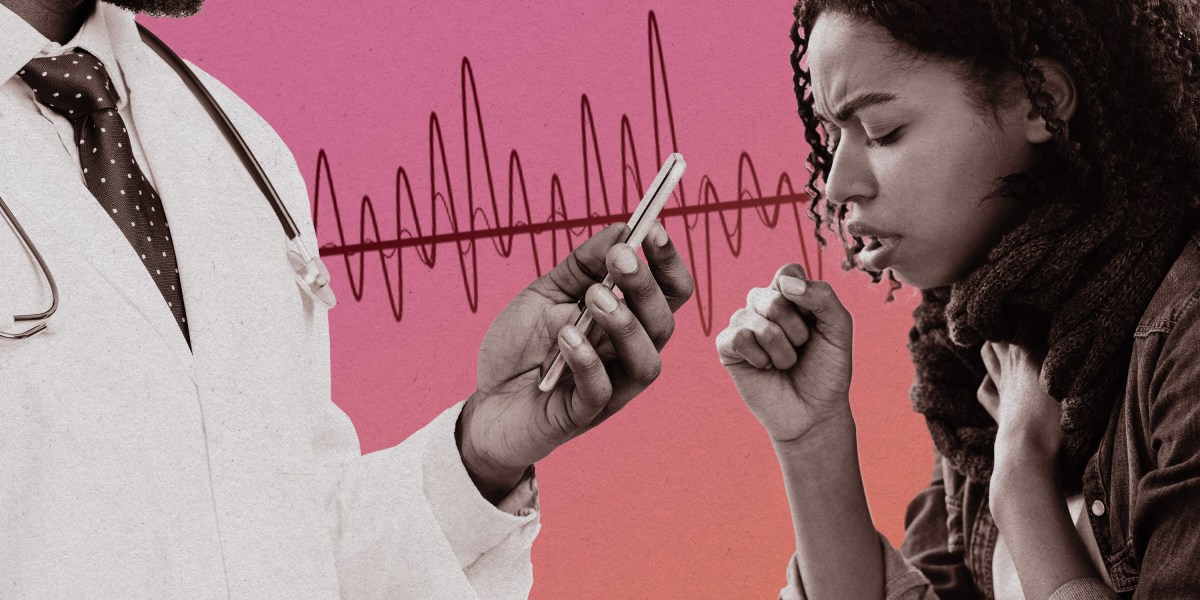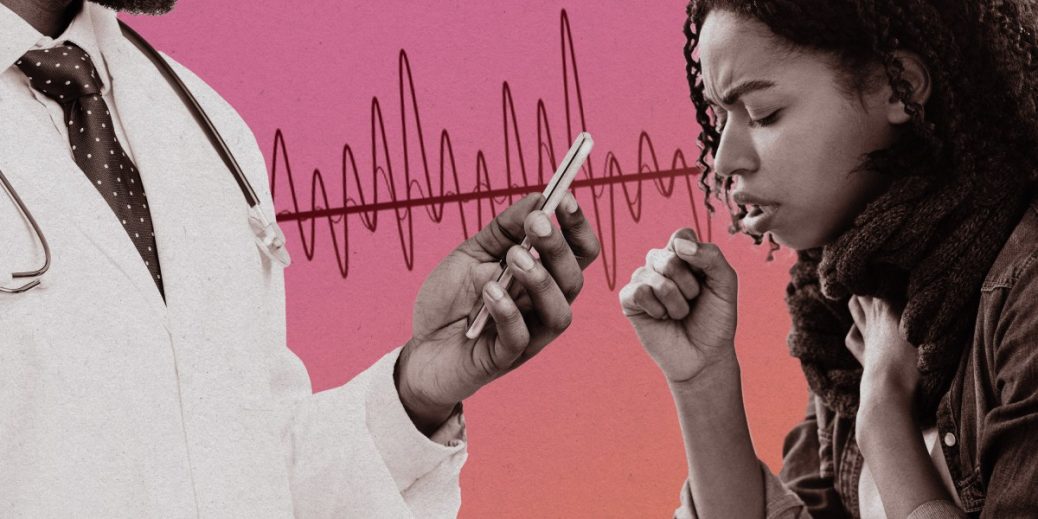
“One of the big limitations is that a lot of these studies have private data sets that are secret,” Bensoussan says. That makes it difficult to validate the research. The database that she and her colleagues are developing will be publicly available. She expects the first data release to happen before June.
As more data becomes available, expect to see even more apps that can help alert us to health problems on the basis of cough or speech patterns. It’s too soon to say whether those apps will make a significant difference in diagnosis or screening, but we’ll keep an ear out for any new developments.
Read more from MIT Technology Review’s archive
Vocal cues could provide a way to diagnose PTSD, traumatic brain injuries, mood disorders, and even heart disease, Emily Mullin wrote in this story from 2017.
AI tools might perform well in the lab but falter in the chaos of the real world. Will Douglas Heaven unpacked what happened when Google Health implemented a tool in Thailand to screen people for an eye condition linked to diabetes.
In a previous issue of The Checkup, Jessica Hamelzou outlined why we shouldn’t let AI make all our health-care decisions: “Doctors may be inclined to trust AI at the expense of a patient’s own lived experiences, as well as their own clinical judgment.”
From around the web
Safe bathrooms equipped with motion sensors have eliminated overdose deaths at a Boston clinic that serves unhoused individuals in the city’s infamous “methadone mile”—further proof that supervised consumption sites would save lives. (STAT)
Now that we’ve got new blockbuster weight-loss drugs, some companies are looking to develop longer-lasting treatments and preventatives. But some say an obesity-free future won’t come from pharma. “We are not going to be able to treat our way out of this problem, or medicalize our way out of this problem,” says William Dietz, director of the Global Center for Prevention and Wellness at George Washington University. “What we need to do is to come to terms with the kind of environmental forces which are driving obesity, and generate the political will necessary to address those factors.” (STAT)
Advances in neuroscience have sparked worries that brain-computer interfaces might someday read people’s minds or hamper free will. Now “neurorights” advocates are racing against the clock to push for laws that would protect against the misuse and abuse of neurotechnology. (Undark)




Recent Comments